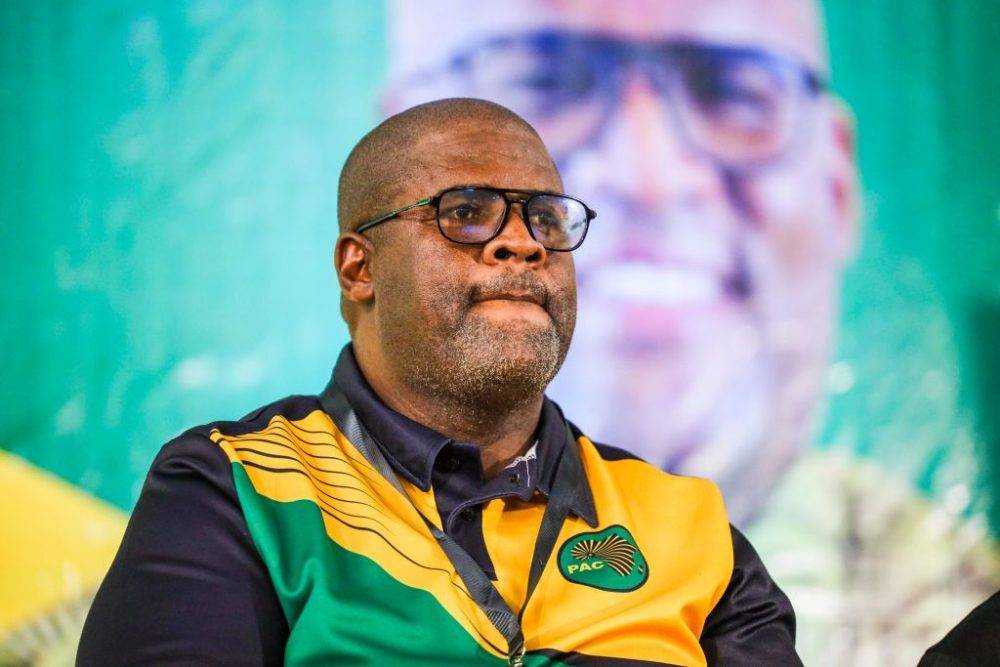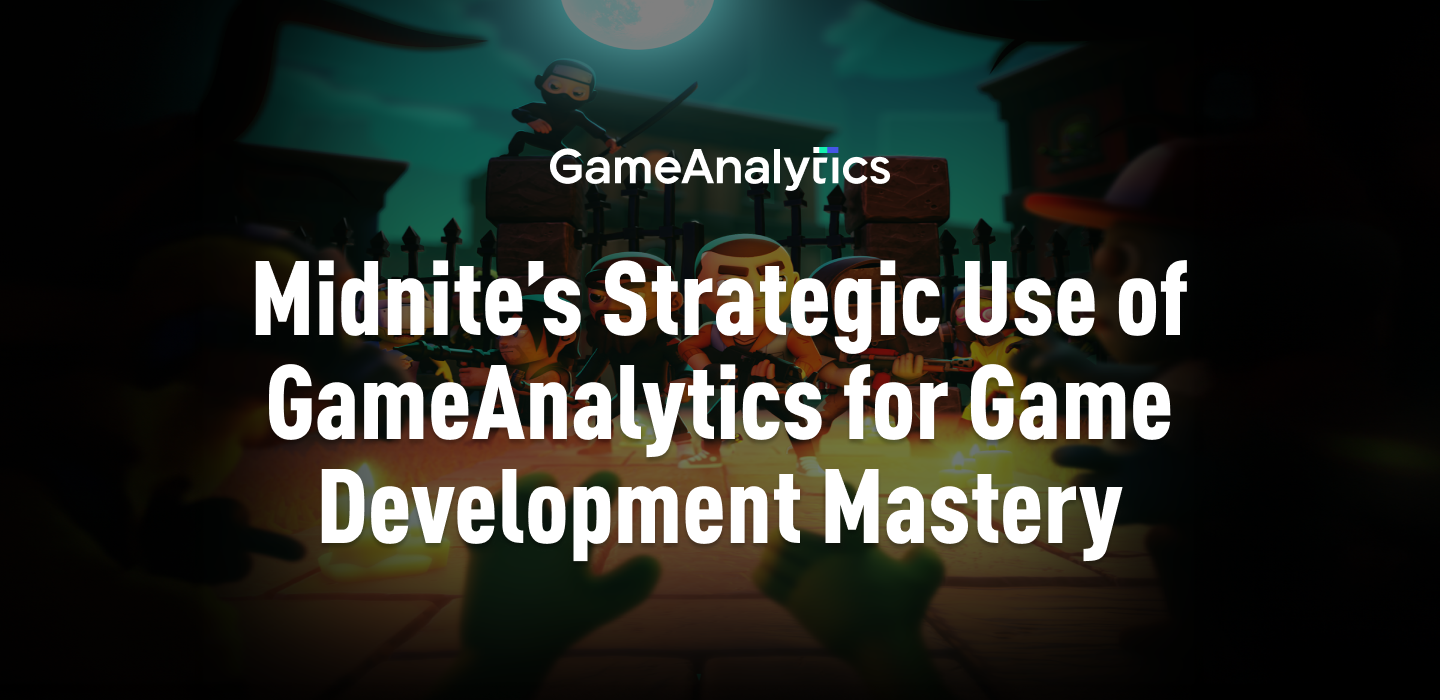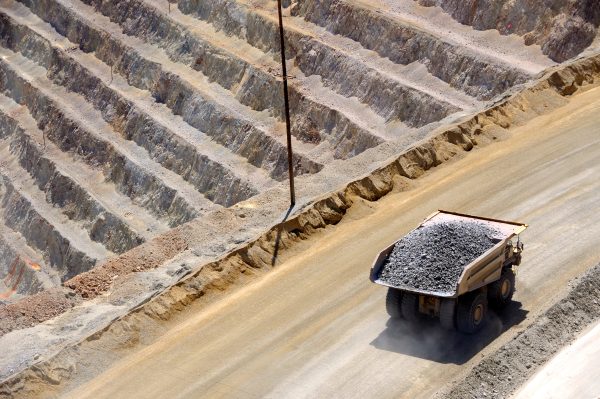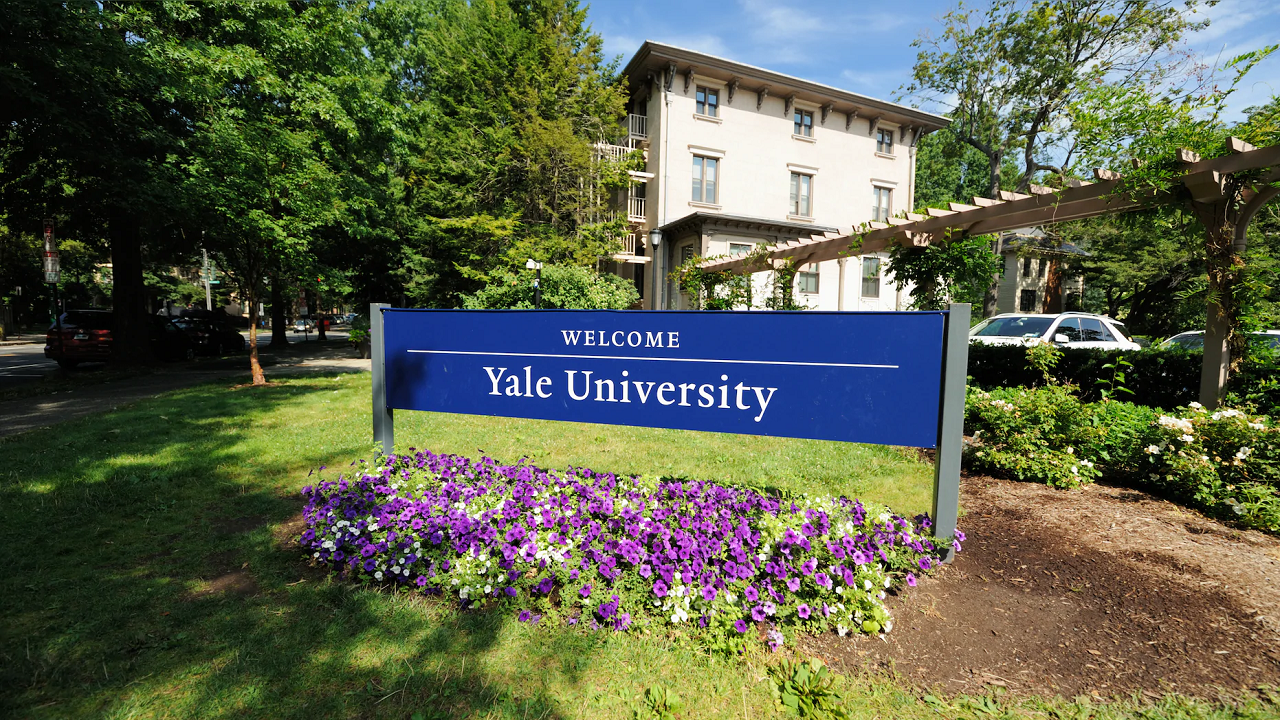The financial sector presents opportunities for young people eager to apply their technical skills while having a positive social and environmental effect
In an emerging market like South Africa, with high levels of youth unemployment — just under 60% — job security and financial stability are important in selecting a career path. But young people also want to make a difference and see more development and improved environmental policies and practices.
The majority (71%) of South African Generation Z respondents say they want to work with brands or companies that tackle societal issues such as climate change, poverty, racism, information quality and gender inequality. The financial sector might not seem like the perfect fit for this younger generation, with its high ideals and emphasis on purpose and authenticity, but it is. Let me explain.
When I started my studies years ago in agricultural and environmental economics, my ambition was to make a positive contribution to the agriculture and fishing communities similar to the ones my family hails from. I had no idea I would end up in the financial industry.
However, each day I wake up enthusiastic about going to work. This is mainly because I am privileged to work with inspiring individuals who assist entrepreneurs and institutions in bringing about change by shifting the flow of finance to deliver a positive impact for the environment and for people.
Working in sustainable finance at the World Wildlife Fund for Nature (WWF) in South Africa, our team drives change and enables the adoption of best practices in the way that money is allocated to innovative businesses and entrepreneurs by banks, asset managers and insurers. In this way, we bring about tangible benefits for nature and for South African communities.
When I started out professionally, although I enjoyed the application of mathematical modelling in economics and finance to offer solutions to complex environmental and social challenges, I underestimated the role and influence of finance. I only considered the sector after starting a job at a rural development non-profit and doing research in the field.
My mentor, the late Professor Mohammad Karaan, a beacon of light to many including me, advised me that “to change the system, you need to first understand the system”.
What I did know was that I wanted to make a difference and I didn’t want to be chained to an office desk. Who would have thought that one could work in finance and not work in an office all day! I wanted to work outdoors, in nature, as my passion had always been the natural world and our interaction with it.
I started by studying agricultural economics before moving on to environmental economics and sustainable finance, which might sound like a mouthful but it has been my life’s purpose. It has been a tremendous and rewarding journey of both career and personal growth but has not been without its challenges.
There are many different academic routes to consider for those who want to explore such a career. For instance, the MCom in Risk Management of Financial Markets at the African Institute for Financial Markets and Risk Management at the University of Cape Town is a practical and hands-on programme that introduces young people to the markets and the sector. This can be helpful in getting to know the lie of the land, so to speak — to know where you would want to get started.
The words of advice from my mentor have rung true so often over the years. In the early days of my career in finance, I would drive out to see farmers on their properties and hear, for example, how damage from one hail storm, which nobody could have forecasted, had wiped out savings which meant the farmer would incur debt for 10 years to recover.
That was when it hit home to me how climate and weather affect people and their livelihoods. Scientists and farmers have understood this for generations but the insurance sector was still largely unprepared for the intensity and frequency of these extreme climate events.
It also dawned on me that the financial system I worked within was ill-prepared to support this farmer. More consideration had to be given to integrating climate and nature-related risks and offering rewards in pricing for those who adopted best practices. I knew then I wanted to help farmers like these.
It has been, and continues to be, exciting to work in sustainable finance, to see change happening in South Africa and globally, and to know that people are getting the support they need to be successful. It is not always at the scale and urgency required but we celebrate the small wins too.
Channelling finance to the right kind of businesses is also a way to create jobs. It can help address the high unemployment rate we so desperately need to change to offer hope to young South Africans and their families who believe in a better future.
To young people who want to see change in the world, I say be part of the solution — your skills are needed, your passion, drive and belief that change is possible. If you can do that while traveling internationally, meeting interesting people and being rewarded financially, why not?
Whether you choose to focus on sustainable business modelling, fintech start-ups or consulting work to support and connect the green economy, the choice is yours. Open your own consulting business, work for an impact fund or a tech start-up driving innovation where it’s needed. There are so many opportunities.
The fundamental message to you, Generation Z, is simply this — join those making the world a better place.
Wendy Engel is the senior manager: sustainable finance at WWF South Africa.




















Discussion about this post